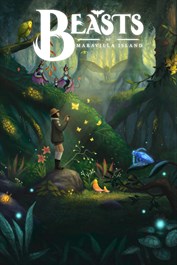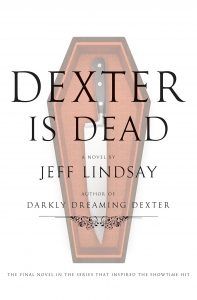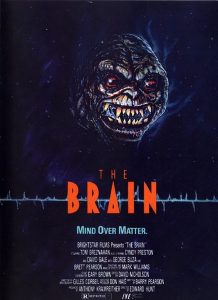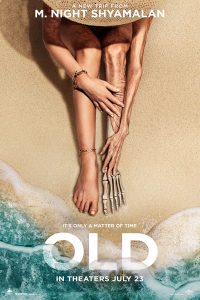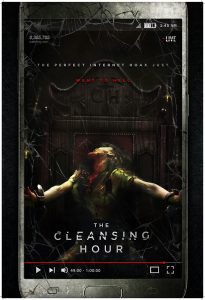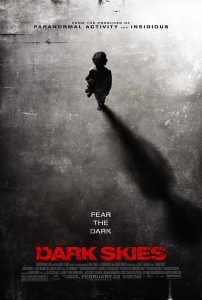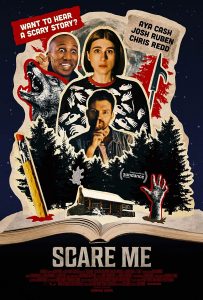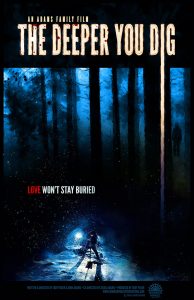 A few weeks ago on Joe Bob’s Last Drive-In Show, there was a movie about witches in Canada (probably?) that was mostly a small ensemble cast that is also a real life family: daughter, mother, father, who make movies under the label “An Adams Family Film”, which, fair enough, it’s an attention grabber plus also that is in fact his last name.
A few weeks ago on Joe Bob’s Last Drive-In Show, there was a movie about witches in Canada (probably?) that was mostly a small ensemble cast that is also a real life family: daughter, mother, father, who make movies under the label “An Adams Family Film”, which, fair enough, it’s an attention grabber plus also that is in fact his last name.
It turns out I already had one of their movies in my queue, and The Deeper You Dig had an even more intimate cast, which is to say yes the same people, but fewer intrusions by other people. The mom and teen daughter are a family, mom tarot reads to the gullible while daughter Echo[1] has a disaffected goth vibe towards her life around other people while clearly being fun-loving with a tight bond to her mother when not around other people. Which is all fine until, while sledding at night (in Canada again?), Echo is hit and killed by the guy down the road restoring a house to flip (oh, so probably not Canada I guess), who was maybe drunk but who almost certainly would have hit her anyway, if I read the scene right.
Everything past that is a pressure-cooker drama by way of The Tell-Tale Heart in which the guy is haunted by his actions, and the mom is growing ever more suspicious about who is to blame. Both this and the Joe Bob witches movie are charmingly amateurish, but despite the lower than I’m accustomed to quality of the film and the effects, there’s real talent driving the waltz of death between these three characters as they edge ever closer to a possibly brutal and definitely chilling confrontation.
This is what modern indie horror looks like, and it makes me believe that anyone with the ambition to take a chance could still make it happen for themselves.
[1] Her name is, shall we say, on the nose
